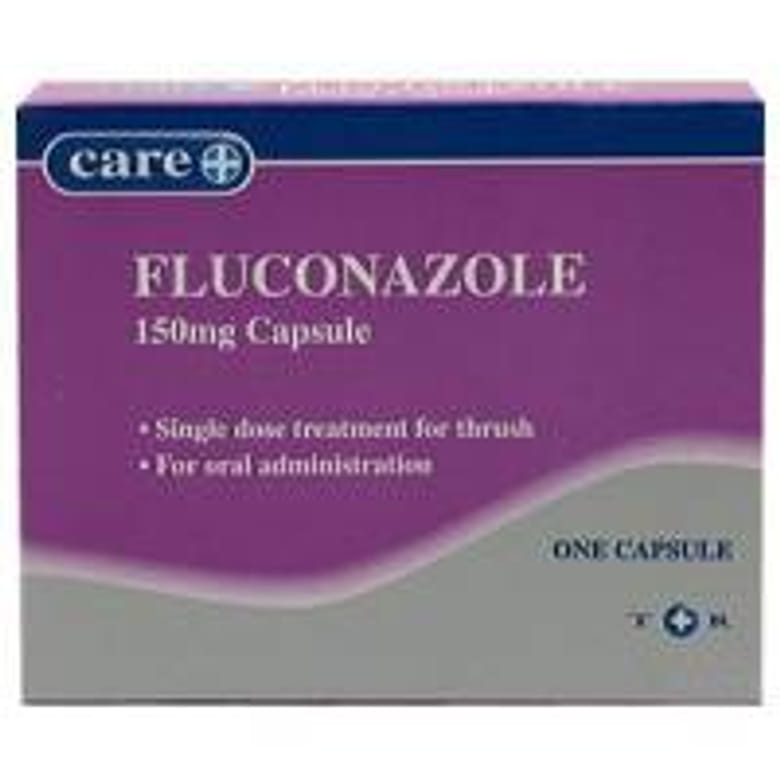Candida albicans is a yeast that naturally lives in and on the body, usually without causing harm. However, under certain circumstances, it can grow excessively, leading to a Candida infection. Most infections are mild and resolve on their own, but persistent or recurring cases may require treatment.
Candida is a fungal infection caused by yeasty fungi, with Candida albicans being the most common type in humans. This yeast thrives in warm, moist environments and can be found on the skin, in skin folds, and on mucous membranes, such as those in the mouth, esophagus, intestines, and genital areas. In healthy individuals, Candida does not usually cause symptoms, but certain factors can promote its growth and trigger an infection.







